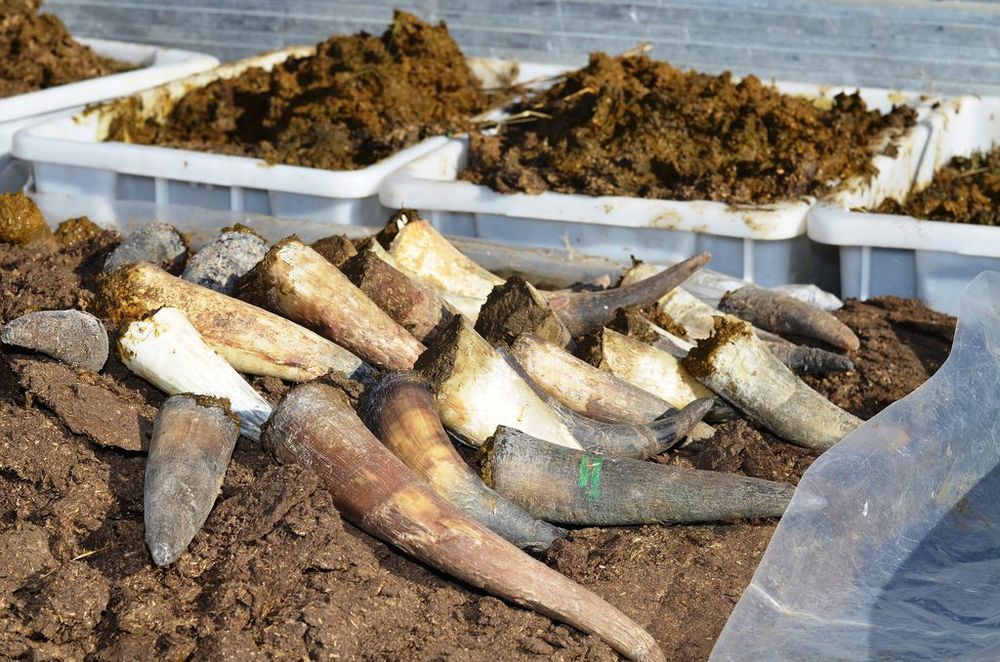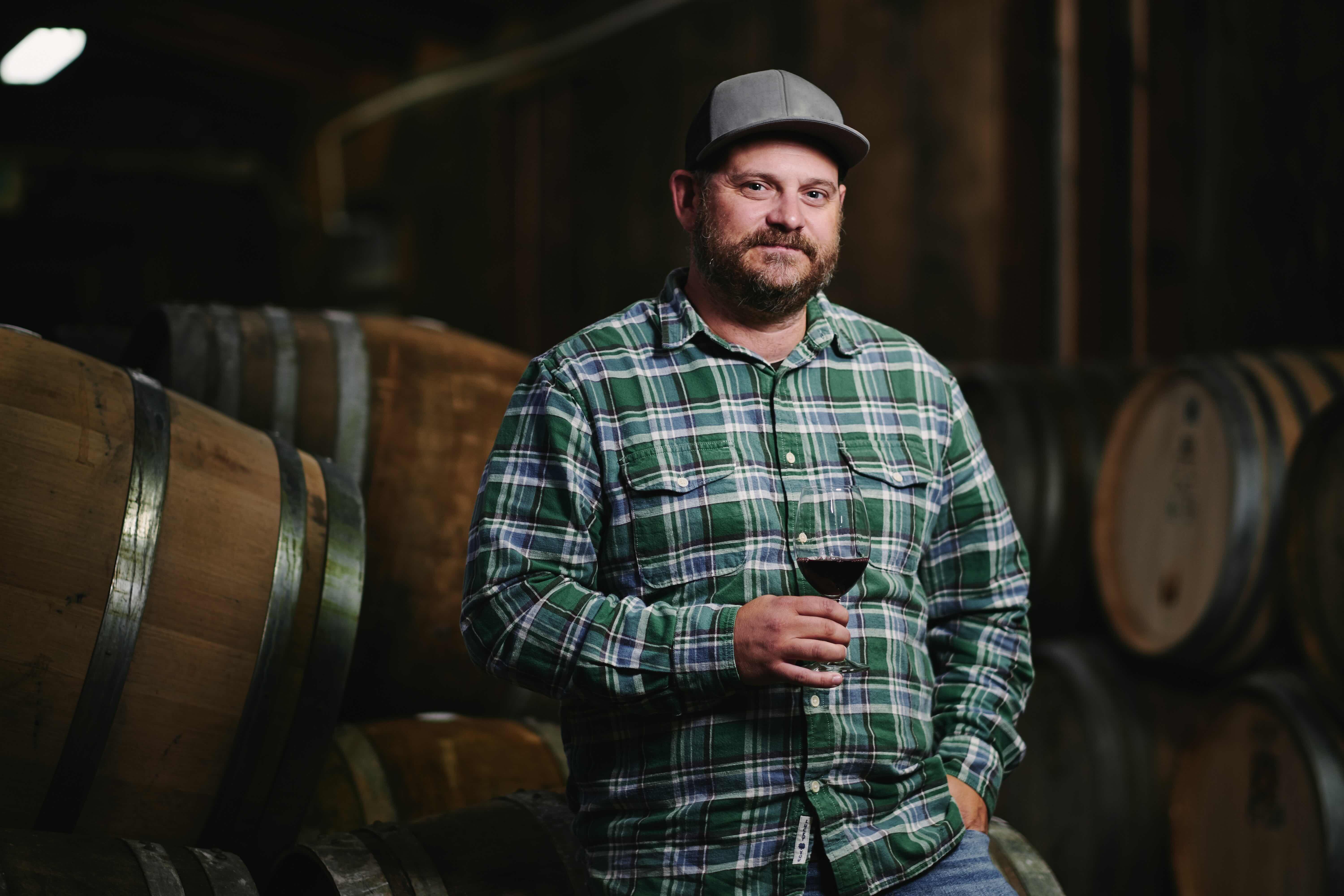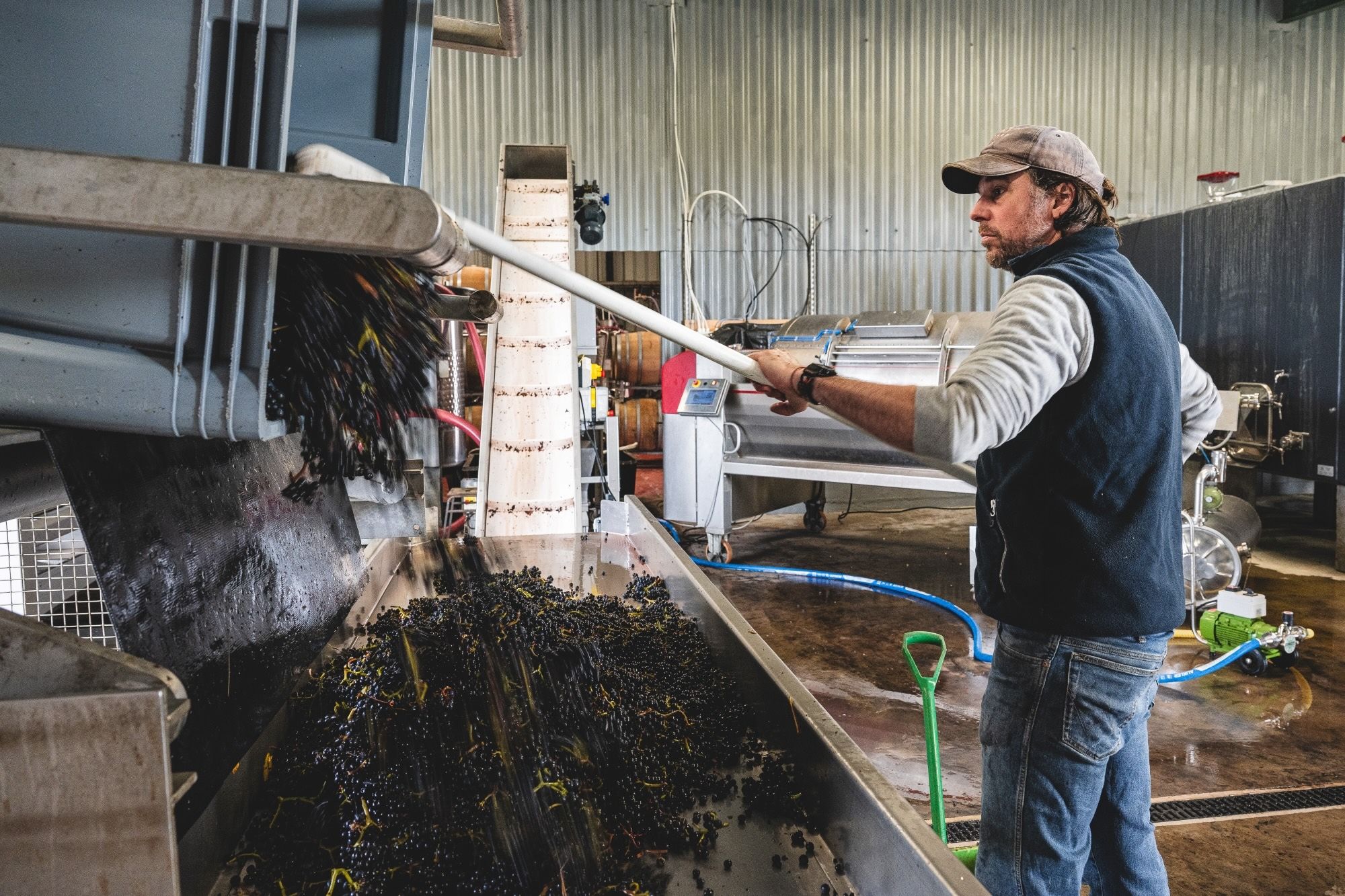You can’t prove it, but that’s OK is the message from Bibendum’s Gergely Barsi Szabo who is more fascinated than bewildered by the wines that can be made using biodynamic practices. This is the first in an initial two articles into biodynamics with New Zealand biodynamic producer, James Millton, sharing his views later in the week.
Biodynamism is here to stay. Most of us in the wine trade have thankfully passed the phase of ridiculing sane people for stirring shit in a cow horn with silica. If you take a look around the market, more and more key players are applying some or all of its principles, and more and more consumers are looking for biodynamic wine. The main problem is that the debate still feels a bit sectarian.
Most of our world is built upon scientific results – cross-referenced and footnoted, endnoted and cross-referenced again. Or at least that’s what we like to think. Then all of a sudden a bunch of semi-hippies come into the picture raising questions about whether this whole world as we’re running it makes us happy, and how the plants should be kept happy. Sure. The plants. Happy… And it’s this kind of talk that starts to confuse people.
When biodynamism comes under fire, it is usually from the scientists. “Those tree (vine)-hugging hippies have no clue what they are talking about, how can you exist without regular chemical protection?” Etcetera.
There’s one problem with this viewpoint: the vineyards following biodynamic viticulture look pretty good, full of life and coping with pests and diseases in their own way, thank you very much. Do we understand how it works scientifically? No. Do vines care about scientific explanations? Well, last time I checked, they didn’t.
Something had to change

Getting your hands dirty with biodynamic winemaking
In 1988 French microbiologist Claude Bourguignon declared Burgundy’s vineyard soils completely dead on a microbial level, due to decades of synthetic fertiliser, pesticide and herbicide usage. Since biodynamic viticulturalists did not use any of these, microbial life was thriving in their vineyards compared to the microbial deserts of their neighbours. He did not claim to have a scientific explanation, but the differences were visible.
So should we consider the Burgundy producers who over fertilised, herbicised, and pesticised their land until nothing survived, as villains? Not quite. Maybe in their drive to make the best wine, they lost track of what practices really benefited the vineyard, and what didn’t.
The same is true of the food industry. By now, most of us have totally lost control of what we eat. With science on our side, most of the population puts trust into conveniently-packaged, polystyrene trays in the supermarkets. But it’s an inconvenient truth that we’re going to have to change our convenience-addicted ways if we’re going to get anywhere close to sustainability. Some people recognise the danger, while others look the other way, and try not to notice anything.
So what happens, when a bunch of people start questioning the whole system? What happens when someone points out that we live in a rather destructive and unsustainable way? Some will pay attention, but without reliable evidence about these practices, most see these whistle-blowers as a bunch of (agro)-extremists.
You don’t have to pick a side
Painfully often, biodynamism gets mentioned together with conspiracy theories, the chem-trail anti-vaccination movement, and the like. But if all the info that gets to the consumer comes from the Sunday supplements or social media, it is damn hard to filter the truth. All we have left is fanboys of either this or that side, beating each other up verbally over a glass of wine.
What I see in the biodynamics movement is a group of forward-thinking, peaceful people, with pretty great ideas about agriculture, meticulousness in what they do, and very convincing wines. It is certain that the way we live is not sustainable, even for the near future. At least the biodynamic wine producers are actively seeking and testing an alternative that seems to have pretty good results.
- What do you think? If you want to share your views on biodynamics then email us at editorial@the-buyer.net.
- Later in the week we will look at a winemaker’s perspective with a response from James Millton of the Millton Vineyard in New Zealand









































